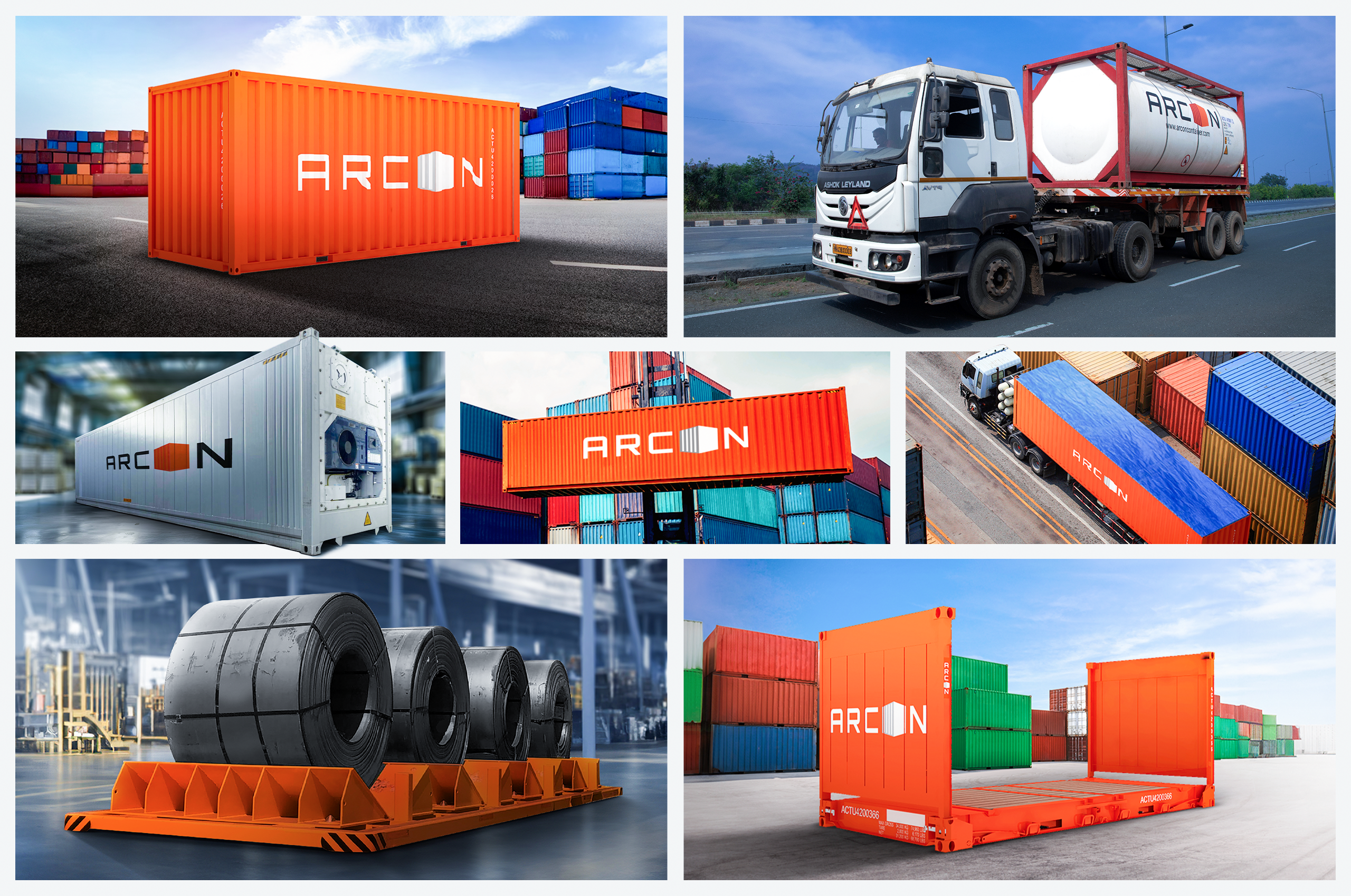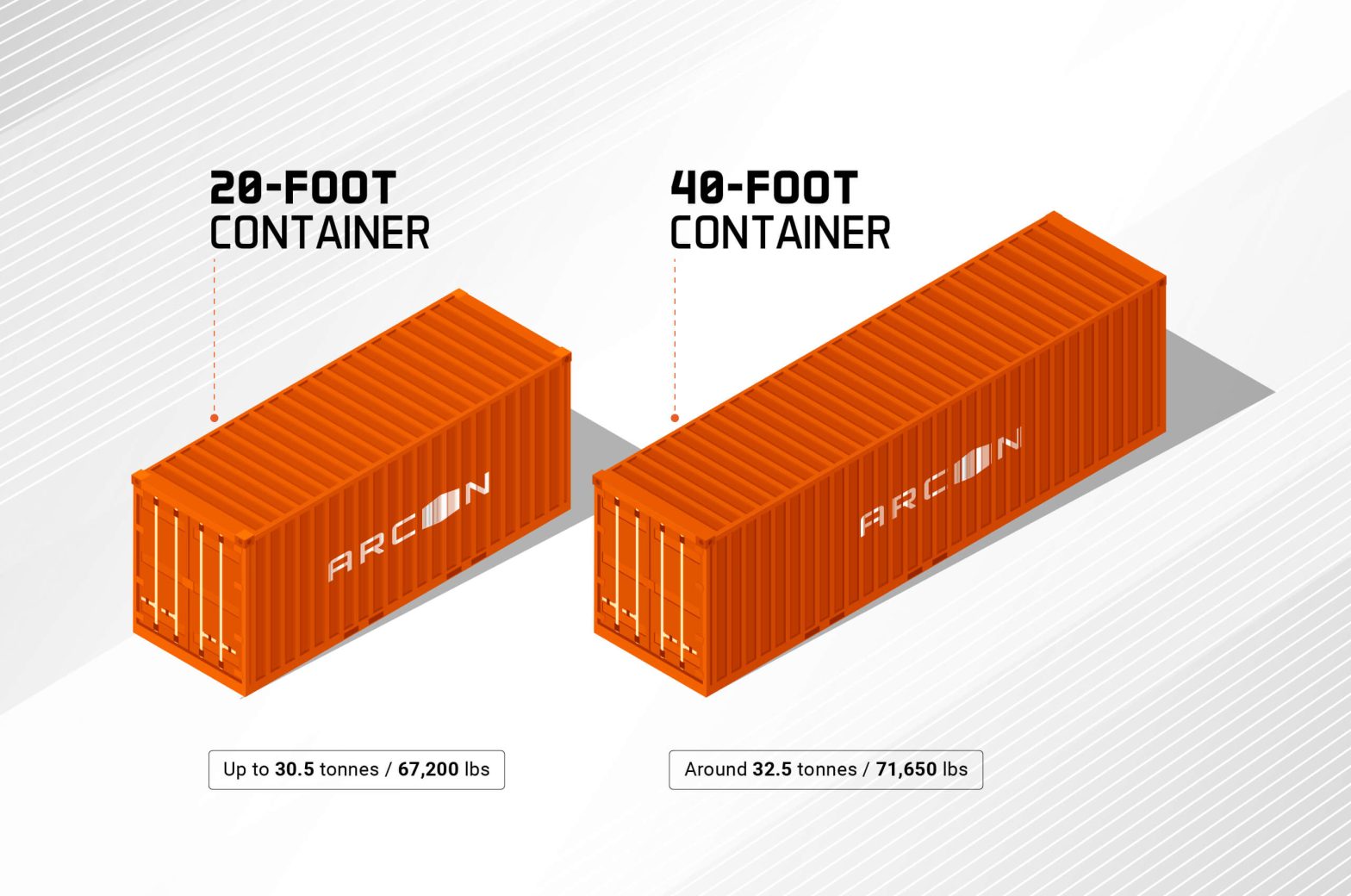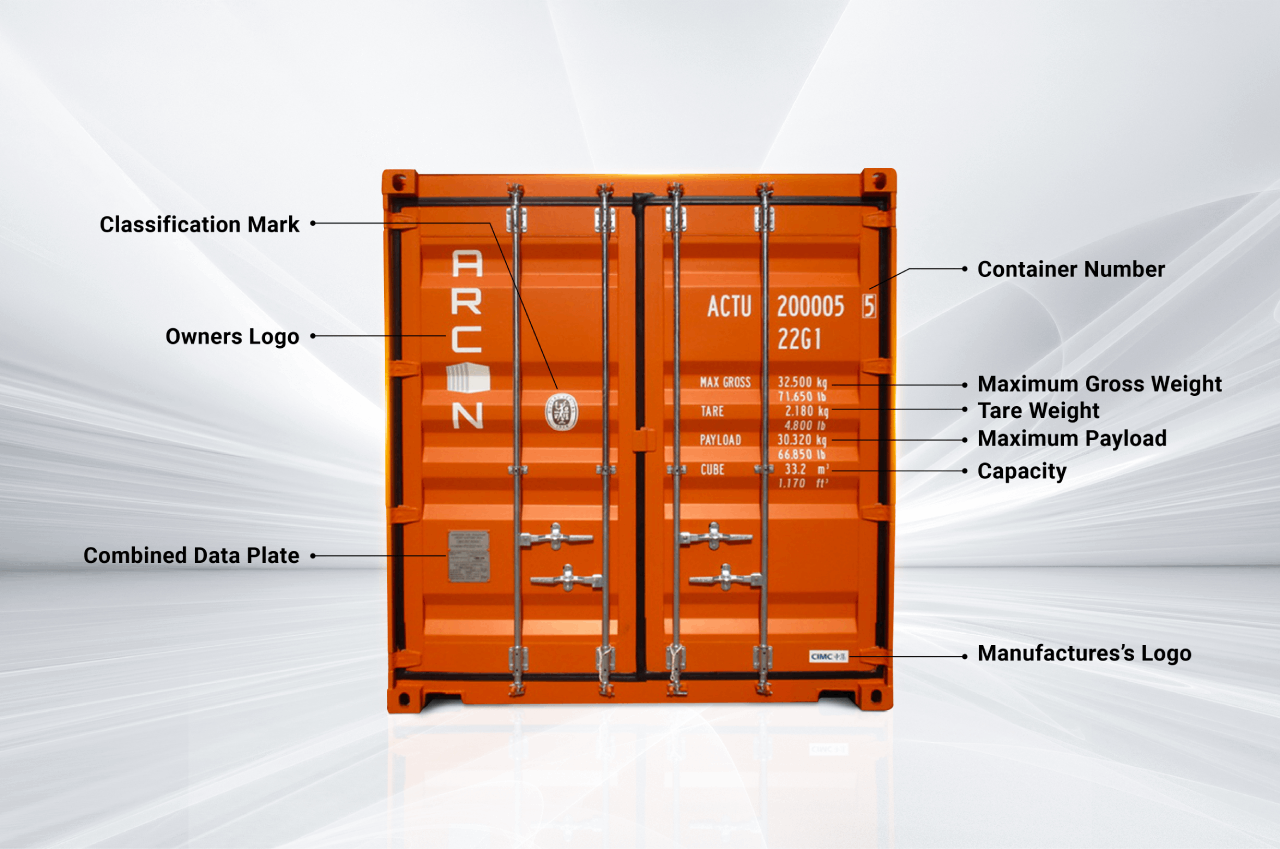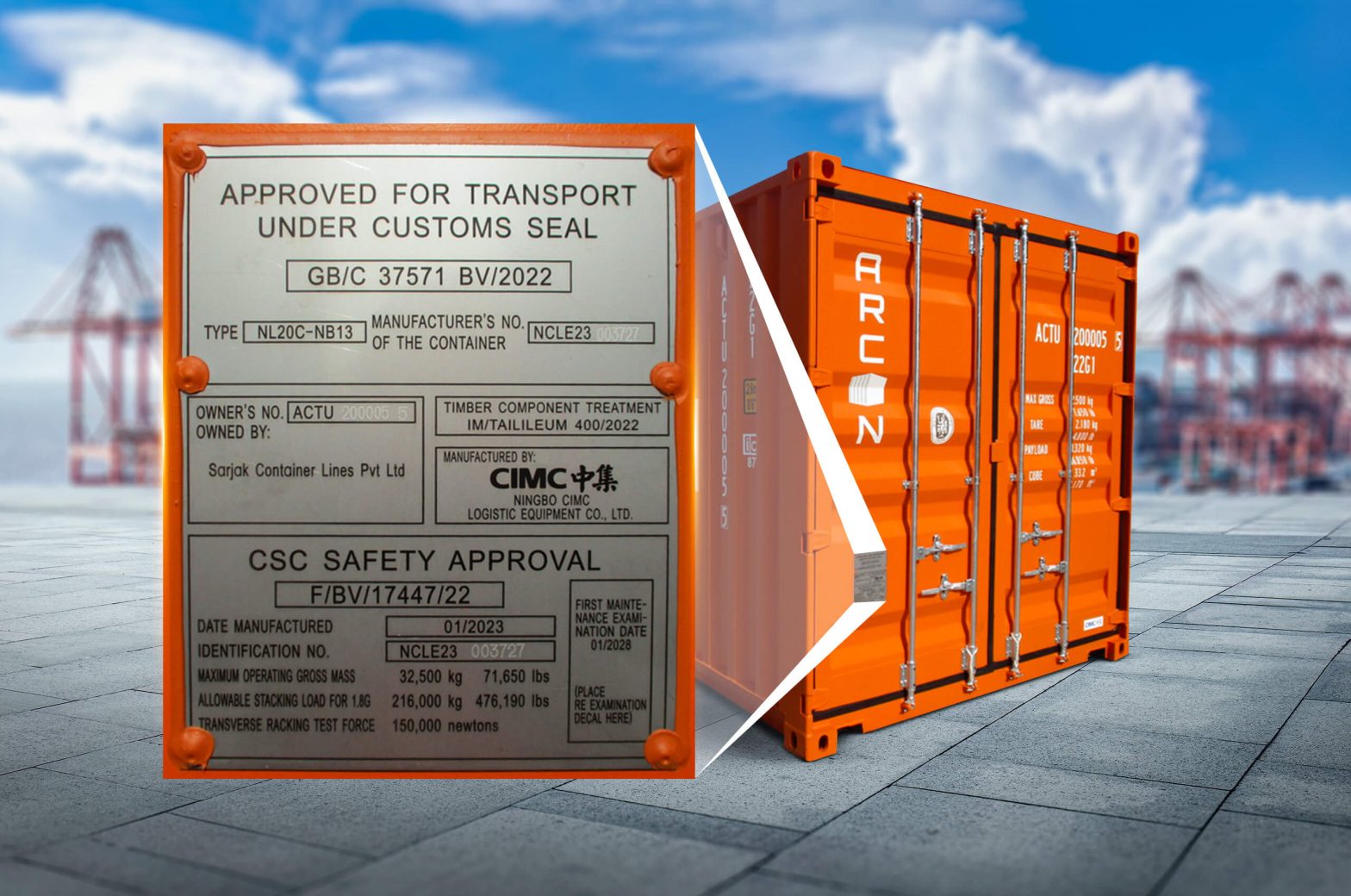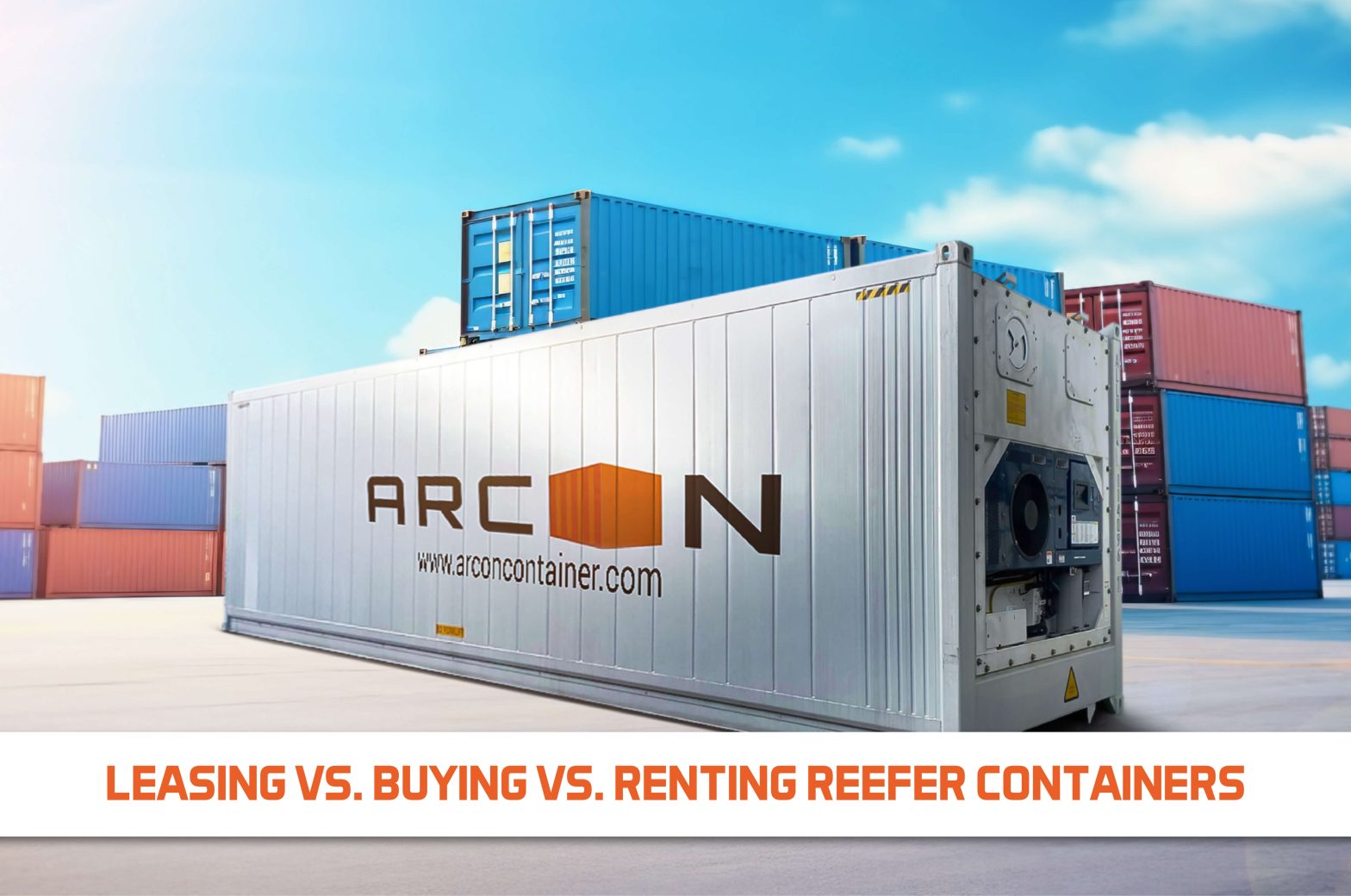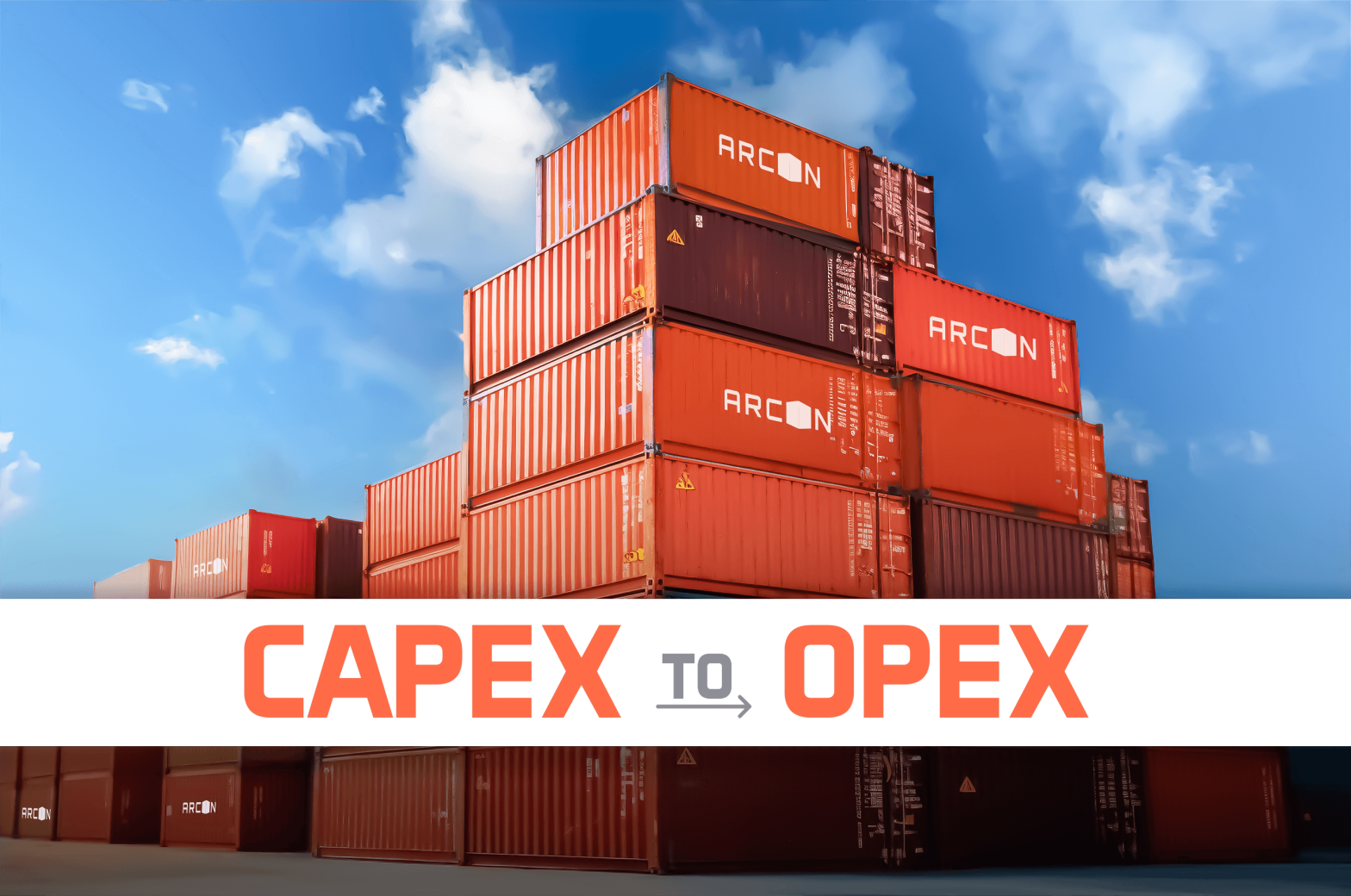Shipping containers are vital for commerce, offering versatile solutions for transporting goods across the world. These robust metal boxes come in various designs to meet specific cargo needs. If you’ve ever wondered about the different types of shipping containers and how they accommodate diverse shipping requirements, this guide will walk you through seven common types.
How Many Types of Containers Are There?
There are 7 types of shipping containers:
1. Standard Containers: For dry goods like electronics and clothing.
2. High-Cube Containers: Extra height for bulky cargo.
3. Refrigerated Containers: Maintain temperatures for perishables.
4. Flat Rack Containers: For heavy machinery and vehicles.
5. Open-Top Containers: Load tall or irregular items.
6. Tank Containers: Transport liquids and chemicals.
7. Coil Containers: Securely carry metal coils.
Different Types of Shipping Containers
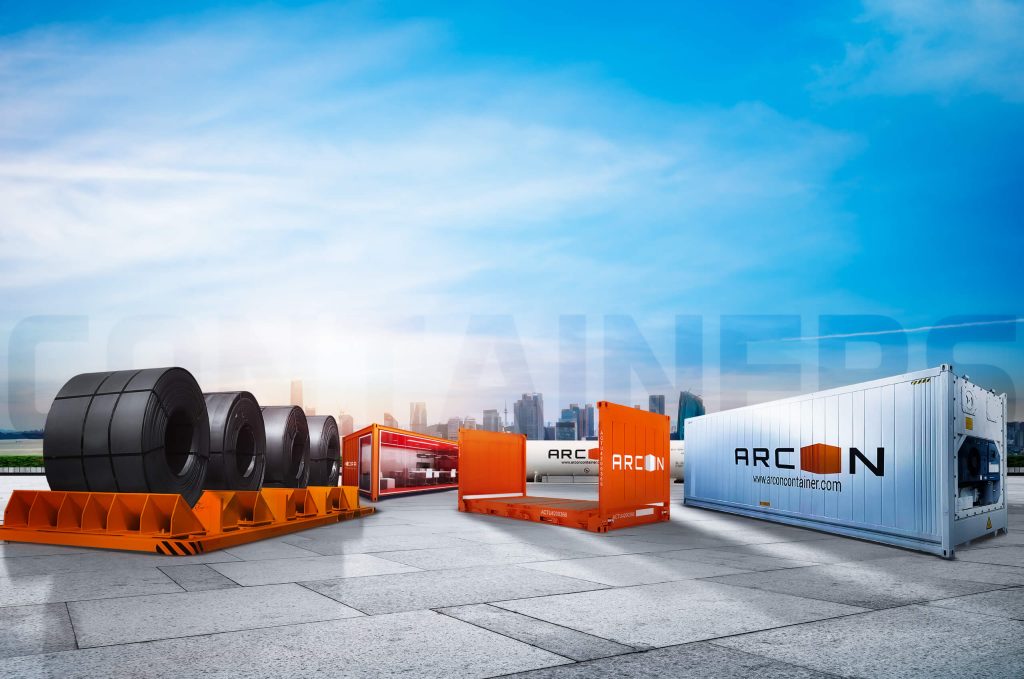
Shipping containers come in various types, each designed for specific uses. Here are 7 of the most common types of containers:
1. Standard Shipping Containers
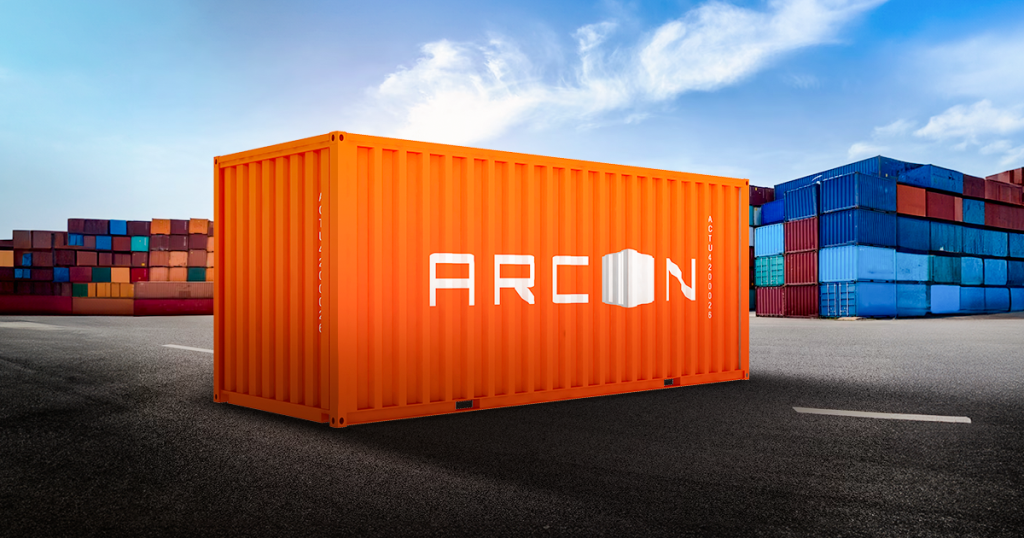
Standard shipping containers, also known as dry shipping containers, are the most commonly used containers in the industry. They are typically made of steel and are fully enclosed to protect cargo from weather and other external factors. These containers come in two main sizes: 20-foot and 40-foot, with the latter being more popular due to its larger capacity. Standard containers are ideal for transporting dry goods such as clothing, electronics, and machinery.
2. High-Cube Containers
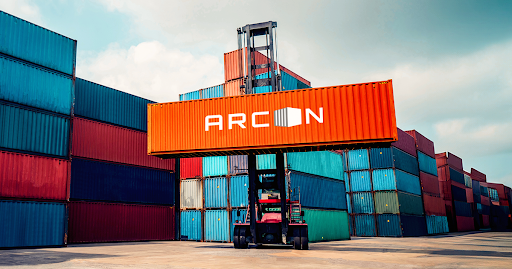
High cube containers are similar to standard containers but with an extra foot of height, giving them more vertical space. This additional height makes them suitable for transporting bulkier items or goods that need extra room for loading and unloading. High-cube containers are often used in industries where oversized goods are common, such as the automotive and furniture sectors.
3. Open-Top Containers
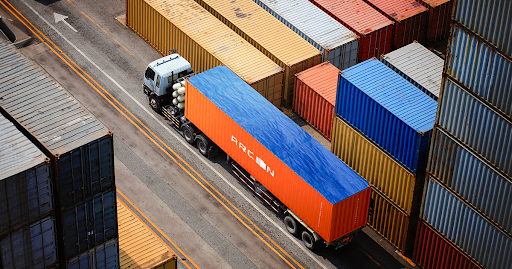
Open-top containers are designed for cargo that cannot be easily loaded into a standard container due to its height or irregular shape. These containers have a removable tarpaulin roof instead of a solid steel roof, allowing goods to be loaded from the top using a crane. Open-top containers are often used for transporting machinery, heavy equipment, or raw materials like steel beams or timber.
4. Flat Rack Containers
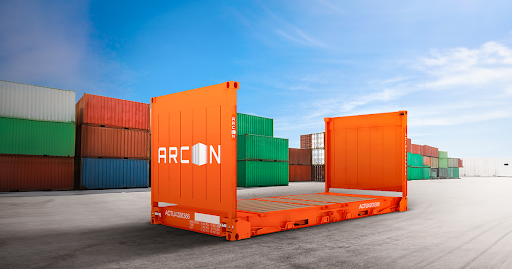
Flat rack containers are perfect for oversized cargo that doesn’t fit in standard or high cube containers. These containers have collapsible sides, which can be folded down to create a flat surface. Flat rack containers are used for transporting heavy machinery, vehicles, or large industrial components. They offer flexibility in loading and securing goods, making them a popular choice for specialised shipping needs.
5. Refrigerated Containers
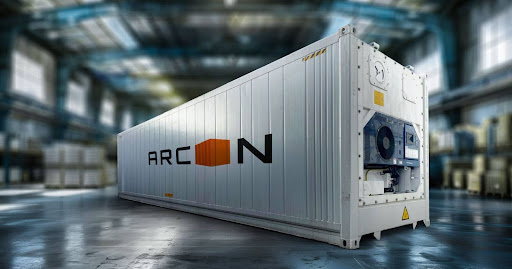
Refrigerated containers, also known as reefers, are temperature-controlled containers used to transport perishable goods. These containers are equipped with refrigeration units that keep the cargo at a constant temperature throughout the journey. Refrigerated containers are essential for shipping items such as fruits, vegetables, dairy products, and pharmaceuticals, ensuring they arrive fresh and in optimal condition.
6. Tank Containers
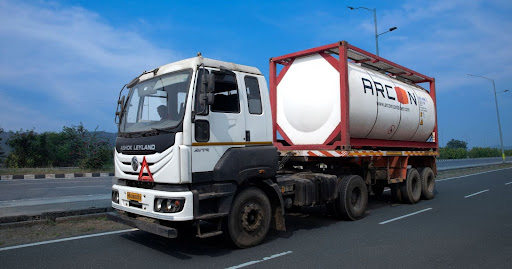
Tank containers are designed for transporting liquids, gases, and chemicals. These containers are cylindrical and made of stainless steel, encased in a protective frame to ensure safe transportation. Tank containers are commonly used in the chemical and oil industries for shipping substances like fuel, alcohol, or hazardous chemicals. Their robust design ensures that the contents remain secure, even during long-distance travel.
7. Coil Containers
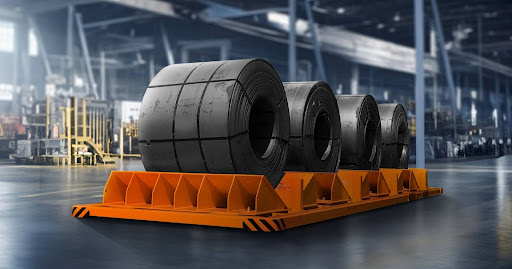
Coil containers are specialised shipping containers designed to transport heavy metal coils, such as steel or aluminium coils, safely and efficiently. These containers are typically reinforced to handle the significant weight and specific shape of coils, preventing them from rolling or shifting during transport. Coil containers are used in industries where large quantities of coiled metal need to move such as in manufacturing and construction sectors.
Wrapping Up
Understanding the different types of shipping containers is crucial for anyone involved in trade or logistics. Each container type serves a specific purpose, ensuring that cargo reaches its destination safely and efficiently.
ARCON Container is renowned for providing shipping container solutions. Our range of containers includes modular shipping containers, tank containers, refrigerated containers, and many more. All our containers are built with high-quality materials and advanced technology. We also offer our containers for lease, with easy insurance and support for maintenance and repair. You can trust ARCON Container for hassle-free cargo delivery.
Get in touch with us at sales@arconcontainer.com today and supercharge your shipping with ARCON’s cutting-edge Containers.


